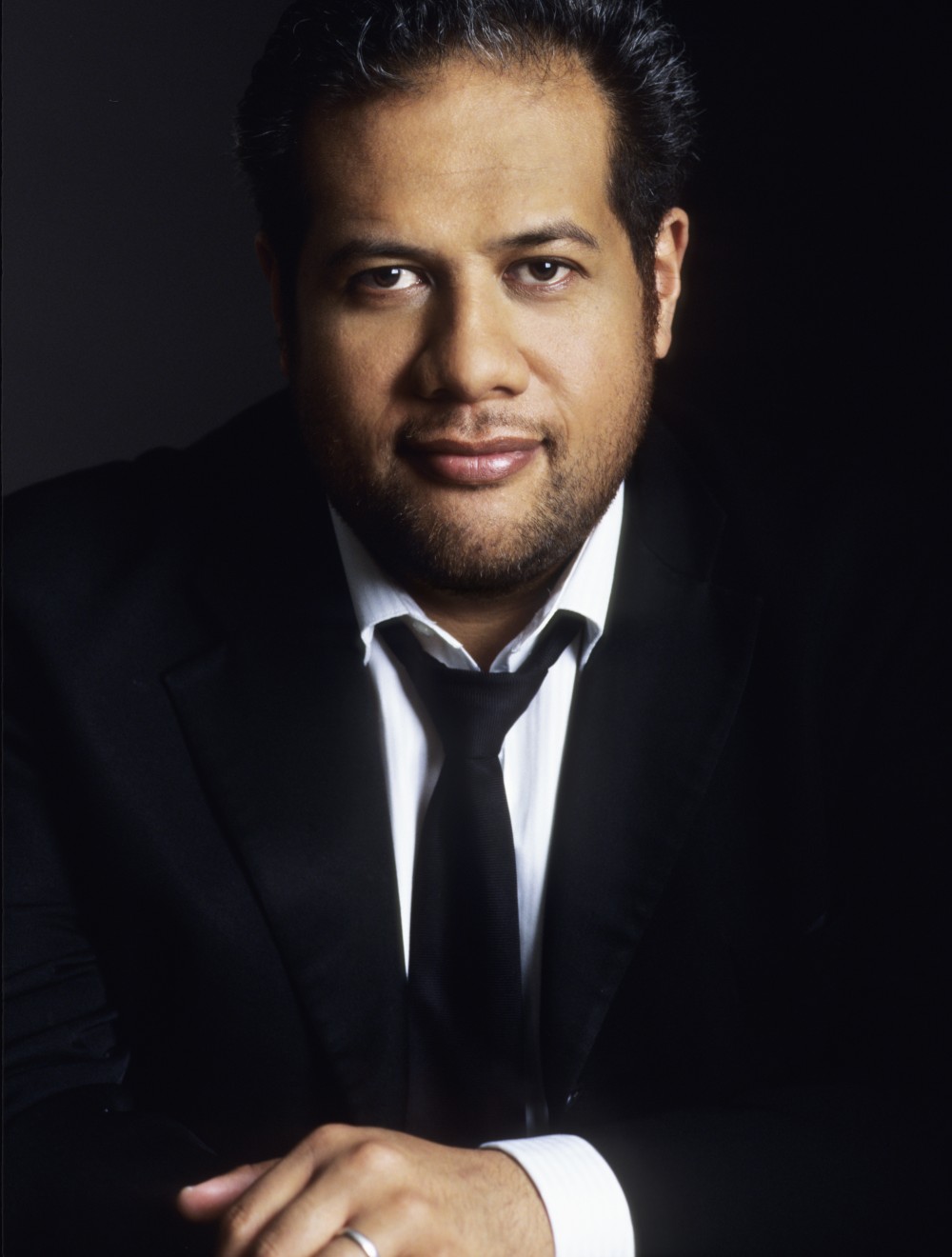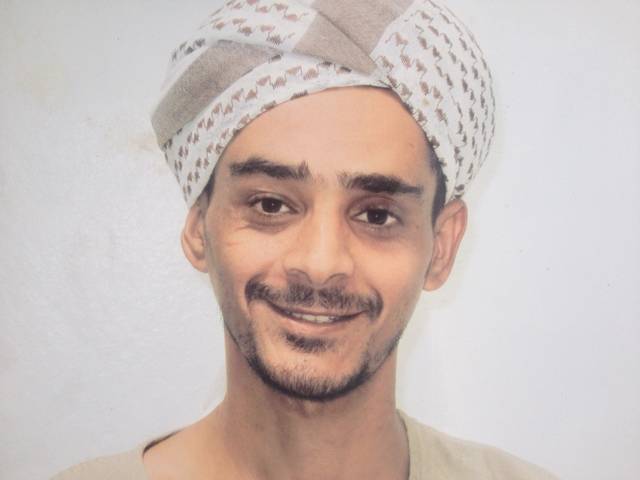The Prisoner to premiere at Cabrillo Festival
- On June 15, 2017
- By alzand@rice.edu
- In News, Reviews/Press
 0
0
Cristian Măcelaru, conductor and newly appointed director of the Cabrillo Festival of Contemporary Music, will present the world premiere of The Prisoner, a new work for bass voice and orchestra. The piece was commissioned by Măcelaru and the Cabrillo Festival and will feature renowned bass-baritone Jonathan Lemalu. The premiere performance of this 30-minute work will conclude the two week festival on August 12th, 2017.

Jonathan Lemalu, bass
The Prisoner tells the story of Adnan Latif, one of the first men imprisoned in the US Guantánamo Bay Detention Camp in 2002. Its text is drawn from Latif’s own letters, sent to his lawyer while in captivity, and from other literary sources, including poems of Rilke, Al-Ma‘arri, Rūmī and the Book of Psalms. Latif was unjustly imprisoned. Never charged with a crime, he was held at Guantánamo for more than ten years and endured daily torture and near constant abuse. Although cleared for release by several courts and military tribunals, he remained in custody until his death under mysterious circumstances in 2012. Latif’s affecting letters were collected by human rights lawyer David Remes, and  his poetry is contained in the 2007 anthology Poems from Guantánamo. The Prisoner alternates the words of Latif, set to music in a dramatic narrative style, with songs reflecting on his tragic plight.
his poetry is contained in the 2007 anthology Poems from Guantánamo. The Prisoner alternates the words of Latif, set to music in a dramatic narrative style, with songs reflecting on his tragic plight.
Adnan Latif’s Story
In late 2001 Adnan Latif travelled to Pakistan from his home in Yemen seeking affordable medical treatment.The 26-year-old had been experiencing neurological problems brought on by head injuries suffered in a car accident. In December Latif was caught up in a dragnet of young Arab men along the Pakistan/Afghanistan border, undertaken by bounty hunters in the aftermath of 9/11. In exchange for a reward, he was handed over to us authorities in 2002 and transferred to the newly opened Guantánamo Bay Detention Camp.

Adnan Latif (1974–2012)
While there, Latif was subjected to repeated and prolonged torture, beatings, psychological abuse and extreme deprivation. With other prisoners he participated in an extended hunger strike, during which inmates were painfully force-fed, and he attempted suicide on numerous occasions. Latif was held for almost 11 years without charge. According to documents, military tribunals had concluded multiple times that he posed no threat, and that there was no evidence to justify his continuing incarceration. He was cleared for release by officials as early as 2004 and again in 2007. A further court ruling in 2010 ordered the administration to “take all necessary and appropriate diplomatic steps to facilitate Latif’s release.” On each occasion his release was denied, first by the Bush administration and later, by the Obama administration. In September of 2012 Latif was found dead in his cell, the ninth prisoner to die at Guántanamo. An autopsy was performed but its results are classified. A year later his body was returned to Yemen, to his wife and now 14-year old son. Forty-one prisoners remain at Guantánamo today. President Trump has pledged to add to its prison population, Attorney General Jeff Sessions calling it “a very fine place.”
